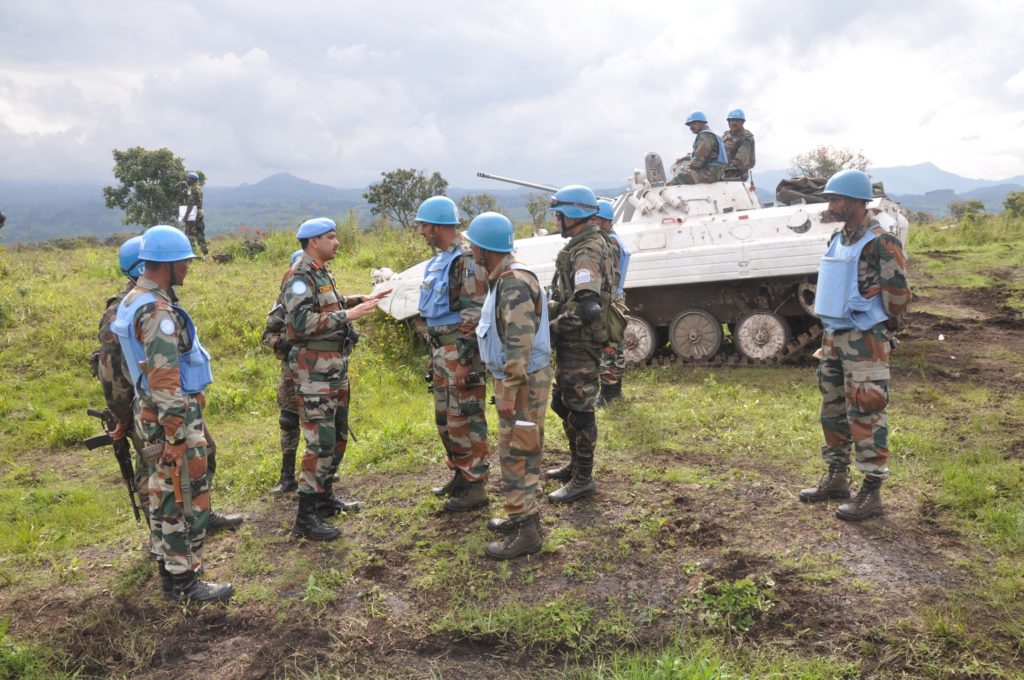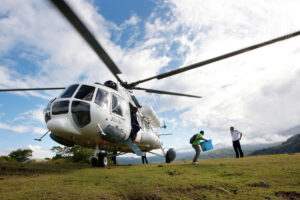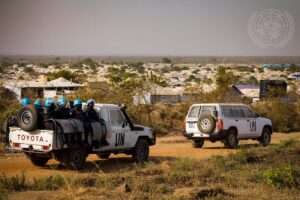Introduction
The UN Security Council is expected to renew the mandate of the UN Organization Stabilization Mission in the Democratic Republic of the Congo (MONUSCO) in December 2019. In this context, the International Peace Institute (IPI), the Stimson Center, and Security Council Report organized a workshop on November 21, 2019, to discuss MONUSCO’s mandate and political strategy. This workshop offered a platform for member states, UN staff, and outside experts to develop a shared understanding and common strategic assessment of the situation in the Democratic Republic of the Congo (DRC). The discussion was intended to help the Security Council make informed decisions with respect to the strategic orientation, prioritization, and sequencing of MONUSCO’s mandate and actions on the ground. Discussions during the workshop’s first session focused on the current political and security dynamics in the DRC, including conflict drivers at the local, provincial, national, and regional levels, the implications of the country’s ongoing political transition, and recent diplomatic initiatives at the regional and international level. In the second session, participants examined how to adapt MONUSCO’s mandate to strengthen the mission and help the UN achieve its objectives over the coming year.




